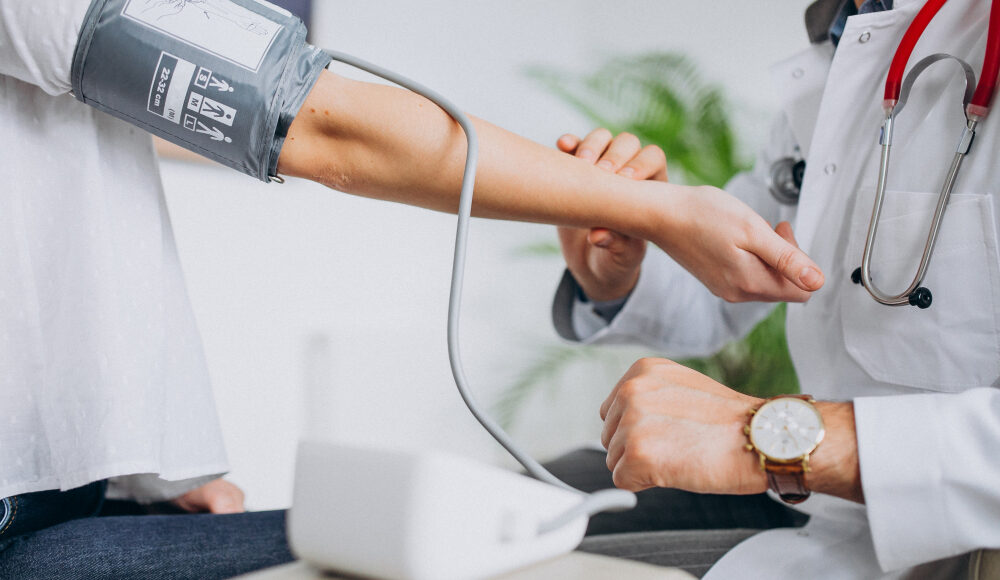Lifestyle changes and medications for hypertension management
Hypertension, or high blood pressure, is a common but serious condition that can lead to severe health complications if not managed properly. Combining lifestyle changes with medications can significantly improve blood pressure control and overall health.
Effective Lifestyle Changes
- Healthy Diet
- DASH Diet: The Dietary Approaches to Stop Hypertension (DASH) diet emphasizes fruits, vegetables, whole grains, and lean proteins while reducing sodium, sugars, and saturated fats.
- Reduce Sodium Intake: Aim to consume less than 2,300 mg of sodium per day. Lowering sodium can help reduce blood pressure.
- Regular Physical Activity
- Exercise: Engage in at least 150 minutes of moderate-intensity exercise per week, such as brisk walking, swimming, or cycling. Physical activity strengthens the heart and improves blood flow.
- Weight Management
- Maintain Healthy Weight: Achieving and maintaining a healthy weight can significantly reduce blood pressure. Even a small amount of weight loss can make a big difference.
- Limit Alcohol Consumption
- Moderate Drinking: Keep alcohol intake to moderate levels—up to one drink per day for women and up to two drinks per day for men. Excessive drinking can raise blood pressure.
- Quit Smoking
- Smoking Cessation: Smoking damages blood vessels and raises blood pressure. Quitting smoking can improve heart health and lower blood pressure.
- Stress Management
- Reduce Stress: Techniques such as yoga, meditation, deep breathing exercises, and other relaxation methods can help manage stress and reduce blood pressure.
Medications for Hypertension
When lifestyle changes alone are not enough to control high blood pressure, medications may be necessary. There are several classes of hypertension medications, each working in different ways to lower blood pressure:
- Diuretics: Help remove excess sodium and water from the body, reducing blood volume and pressure.
- Beta-Blockers: Reduce heart rate and the force of heart contractions, easing the heart’s workload.
- ACE Inhibitors: Prevent the formation of a hormone that narrows blood vessels, allowing blood to flow more easily.
- ARBs: Block the action of a hormone that tightens blood vessels, keeping vessels relaxed.
- Calcium Channel Blockers: Relax and widen blood vessels by affecting the muscle cells in the arterial walls.
- Alpha-Blockers: Reduce nerve impulses that tighten blood vessels, keeping arteries and veins open and relaxed.
- Centrally Acting Agents: Decrease brain signals that speed up heart rate and narrow arteries.
- Vasodilators: Directly relax muscles in blood vessel walls, making it easier for blood to flow through them.
Combining Lifestyle Changes with Medications
For many individuals, a combination of lifestyle changes and medications provides the most effective approach to managing hypertension. It is essential to work closely with a healthcare provider to develop a personalized treatment plan that addresses specific health needs and goals.
Regular Monitoring
Regular monitoring of blood pressure is crucial in managing hypertension. Home blood pressure monitors can help track progress and ensure that lifestyle changes and medications are effectively controlling blood pressure.
Conclusion
Managing hypertension requires a comprehensive approach that includes both lifestyle changes and medications. By adopting healthy habits and following prescribed treatments, individuals can significantly reduce their risk of complications and improve their overall health.
For more information and to explore medication options, visit www.canadapharmahub.com.





